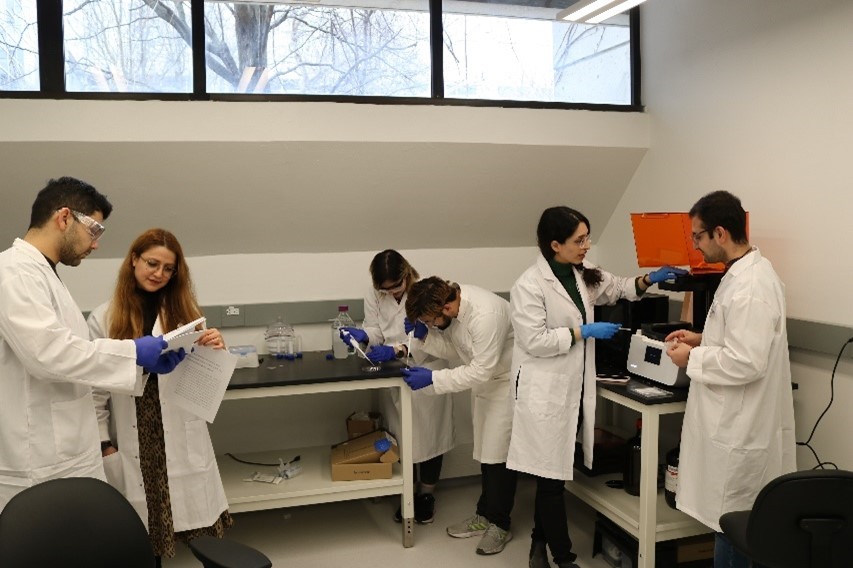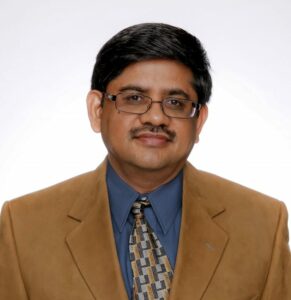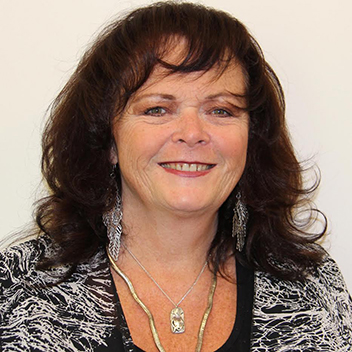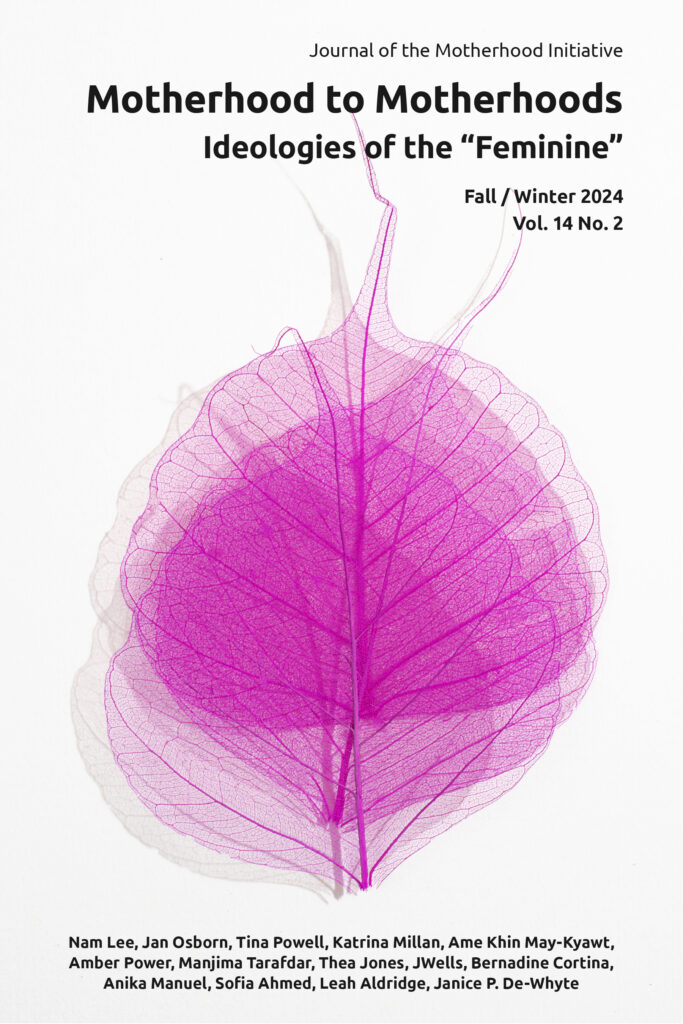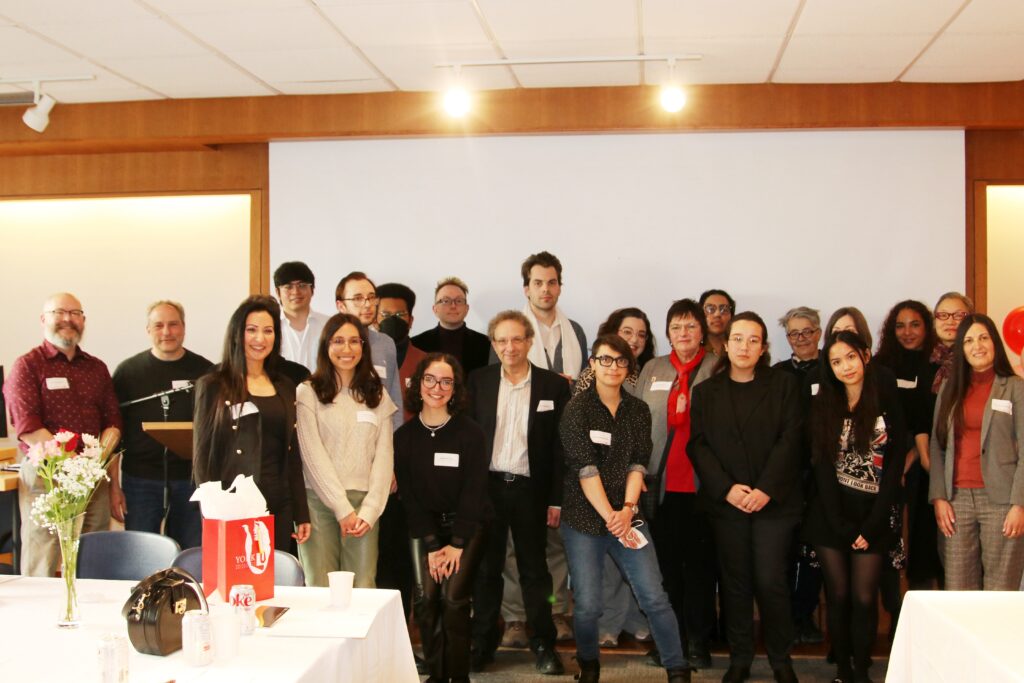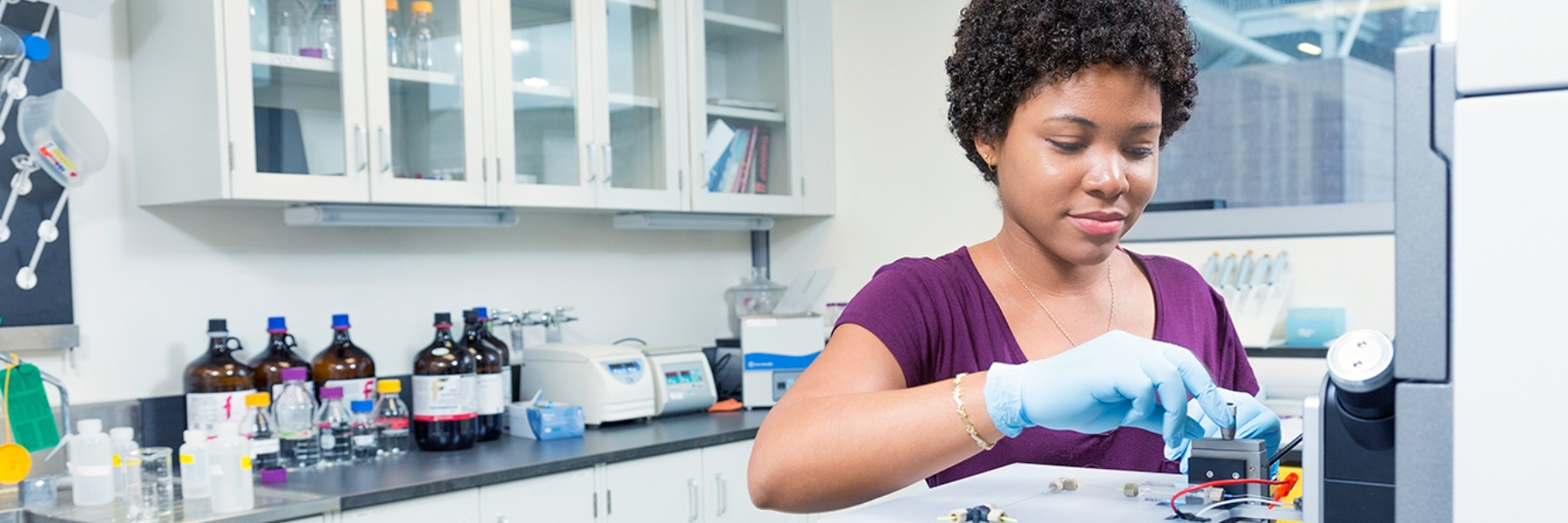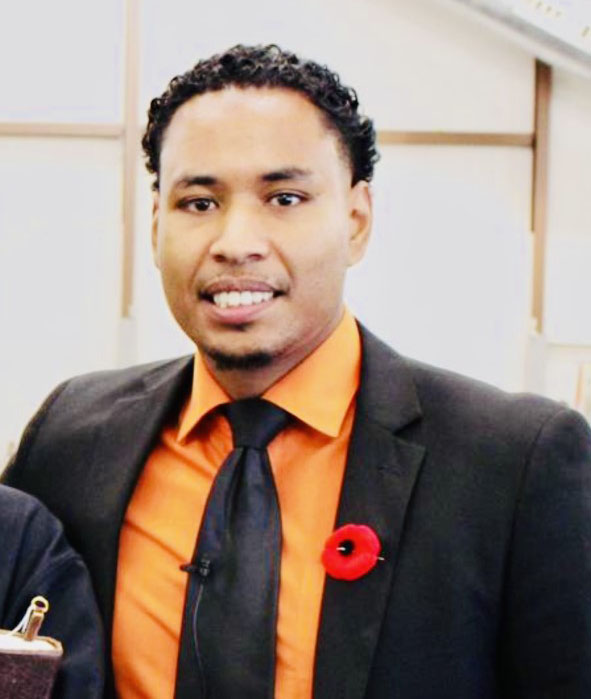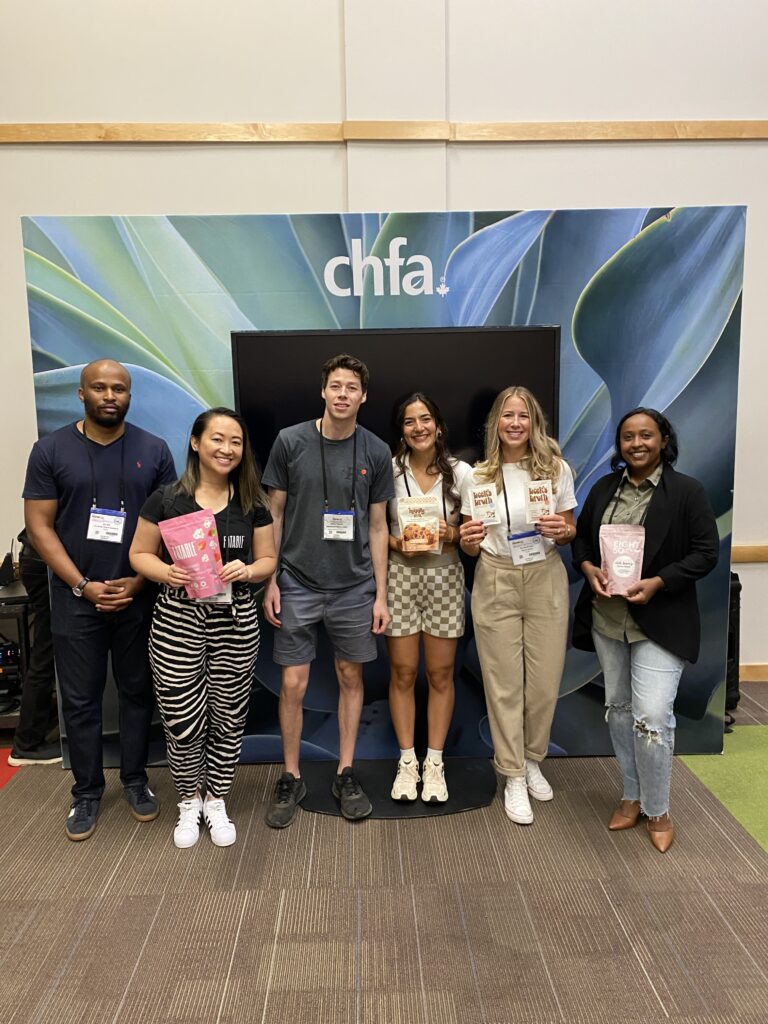York University’s Office of the Vice-President Equity, People & Culture (EPC) has developed a new way to help York community members engage with complex issues – and with each other: the Supporting Open & Respectful Dialogue (ORD) Program.
Now accepting applications, the ORD Program offers financial and logistical support to students, staff, and faculty members who are trying to develop conversation and connection across differences. Laina Bay-Cheng, interim vice-president of EPC, explains the goal of the program as “giving a boost to grassroots initiatives – whether led by students, staff and/or faculty colleagues – that can help people talk, listen and learn together, even if they are on different ‘sides’ of an issue.”
The ORD Program provides small amounts of funding along with administrative and logistical assistance for developing flyers, advertising events, booking rooms and more, depending on what suits an initiative and the organizers’ vision. “The University may not have lots of financial resources right now, but we can – and should – still be resourceful. EPC is happy to use our networks, our access and our logistical know-how to lighten the load for those leading an initiative,” says Bay-Cheng.
The ORD Program is already offering support to two initiatives, both promoting thoughtful discussion and consideration of the conflict between Israel and Palestine.
The first, Bridging the Gap, is led by Israeli Jewish and Palestinian Arab students and alumni, with vital support from Professor Randal Schnoor. “It is so important to offer a safe space for respectful dialogue on these contentious issues,” says Schnoor. “There is a great appetite for this among students on our campus.”
Bridging the Gap was founded in 2019 by Palestinian and Jewish students Leena Muti, Hilly Adler and Noam Sibony. “For me, Bridging the Gap is a space where I can be unapologetically myself, yet be exposed to people with completely different experiences than my own, which are unapologetically theirs,” says Sibony. “It is a space where my Jewish, Arab, Palestinian, and Israeli peers and I can reveal our mutual humanity to one another in hopes of building a shared future together here on campus.”
The second supported project is a faculty initiative: the Open Office Hours series, which draws on the substantive and pedagogical expertise of professors Thabit Abdullah, David Koffman, Amila Buturovic and Schnoor.
“Thabit and I have been colleagues and friends for years. Our life experiences have been quite different. The areas of our professional expertise barely overlap. And there are some significant differences between how we each understand the current awful war in Israel-Gaza, its reverberations here in Canada and on our campus, what brought us to it and what might bring us out of it,” says Koffman. “But we share in common more important things: a commitment to slow thinking, depolarized learning, deeply humanist ethics and civil dialogue. We’ve been meeting regularly since Oct. 7 to talk. With the encouragement of York’s Religious Studies program, we’ve opened up our dialogue space to anyone who wants to enter.”
About the Open Office Hours series, Buturovic says: “Open Office Hours are an opportunity not just to hear what professors have to say about the challenges on campus or dispense advice but also a safe forum to help understand the multiple ways this crisis is experienced and, hopefully, overcome through open and honest conversation. It is a way to learn as much as a way to process one’s views and emotions.”
The Bridging the Gap and Open Office Hours initiatives get to the fundamental purpose of the ORD Program: creating opportunities for people to develop the skills, knowledge, and relationships required to fully consider challenging ideas and issues. Both Bay-Cheng and Provost Lisa Philipps, whose office co-sponsors ORD, see the capacity for openness to new ideas and respect for people with differing views as essential ingredients for a healthy university community.
“Students need openness and respect in the classroom and for their careers after York, scholars need it to engage in constructive scholarly discourse, and staff members need it to experience an affirming and equitable workplace culture,” says Bay-Cheng.
“We know that community-driven initiatives encourage connections and conversations that underpin a wider culture of well-being,” says Philipps. “The projects and programs we’ll be able to support can create a greater sense of inclusion and safety on our campuses, and that’s what makes learning possible.”
Virtual information sessions about the ORD Program have been scheduled for Tuesday, March 19 at 4 p.m. and Wednesday, March 20 at noon, should interested applicants have any questions. Additional information sessions will be scheduled in the upcoming months.
Details are available on the website, along with the application form: yorku.ca/vpepc/strategic-priorities-initiatives/respectful-dialogue.




